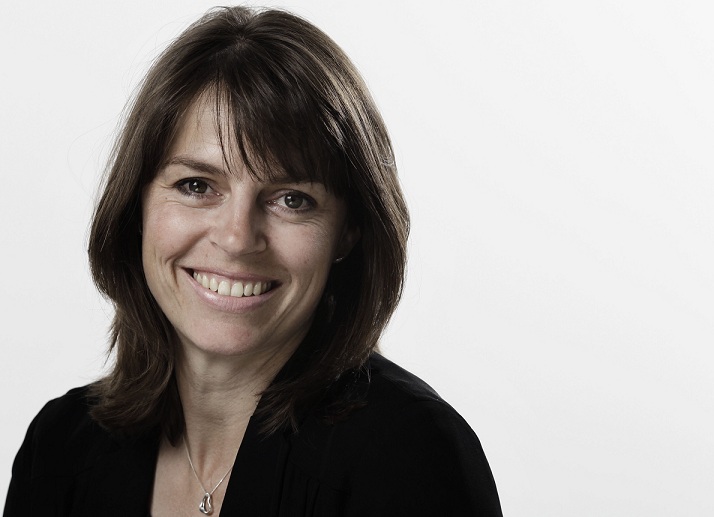Name: Lucinda Peniston-Baines
Firm: The Observatory International
University: University of Wolverhampton
Degree: BA (Hons) Business Studies
Current Job Title: Co-Founder & Managing Partner
Lucinda Peniston-Baines is the co-founder & managing partner of The Observatory International, the leading global management consultancy dedicated to helping companies maximise their marketing and communications resources.
Tell us a bit about your career journey.
I graduated in the early 90s with a degree in business and the first ten years of my career were spent in advertising agencies and brand consultancies, within the client management discipline. In 2002, I moved to an agency pitch consultancy which helped brands to source their communications agencies, a poacher turned gamekeeper if you like. It was fascinating to work closely and intensely with the marketing functions of organisation, but ultimately it felt a very narrow service that only solved one dimension of the marketing function’s issues. So, in 2006 I took the opportunity with a business partner to open a marketing management consultancy that offered a much broader set of consultancy solutions to clients – ones that often prevent the need for an agency pitch happening at all.
What industry sector experience have you had and what do you specialise in?
One of the great pleasures of specialised consulting is to work deeply within one area of a client organisation (in The Observatory’s case, the Marketing function) as it means the breadth of industry category that takes us into is inexhaustible. It’s what keeps every day so interesting.
Currently I’m managing projects to improve marketing efficiencies for a luxury fragrance brand, a fashion brand, a confectionary company, a restaurant brand and a global oil and gas conglomerate. Other members our team are working with mobile phone manufacturers, automotive brands and alcoholic drinks businesses.
This diversity of experience is self-fulfilling – our teams enjoy the range of clients and projects they get to work on and our clients value the breadth of experience and insight that we can bring across, and within, sectors (as well as from our ten offices around the world).
How did you first become involved in the MCA?
Our consultancy category is an unregulated one. Relatively low barriers of entry mean that individuals can set up as “consultants” armed with little more than a mobile phone and a laptop. And many of the established companies have business models that rely on dual income streams from both their clients and agencies, which we see as a direct conflict of interest in how they can offer best, impartial advice to their clients. In 2011 we therefore approached the MCA, keen to gain its accreditation which would offer our current and future clients the reassurance that we are always acting in their best interests and delivering to high standards.
How do you manage work/life balance?
I’m not sure I do to be honest! My husband has a very busy job too but he more than pulls his weight in our family life. We also rely on nearby family, friends and regular childcare to keep the cogs turning. I try to never do breakfast meetings as I take my son to school every day, and I also keep evening work commitments to an absolute minimum which makes me a terrible networker, but hopefully a better member of my family – and I know which of those I value more!
Do you have any advice in turn for aspiring young consultants? Or, what makes a good consultant?
Consultants have to be able to see the big picture and think strategically but also, at least in a smaller consultancy like ours, be prepared to roll up your sleeves and dive into the detail. You need to be organised, flexible, think on your feet and have great people skills. We deal with every layer of the organisation and the ability to empathise and communicate with all stakeholders is critical.

